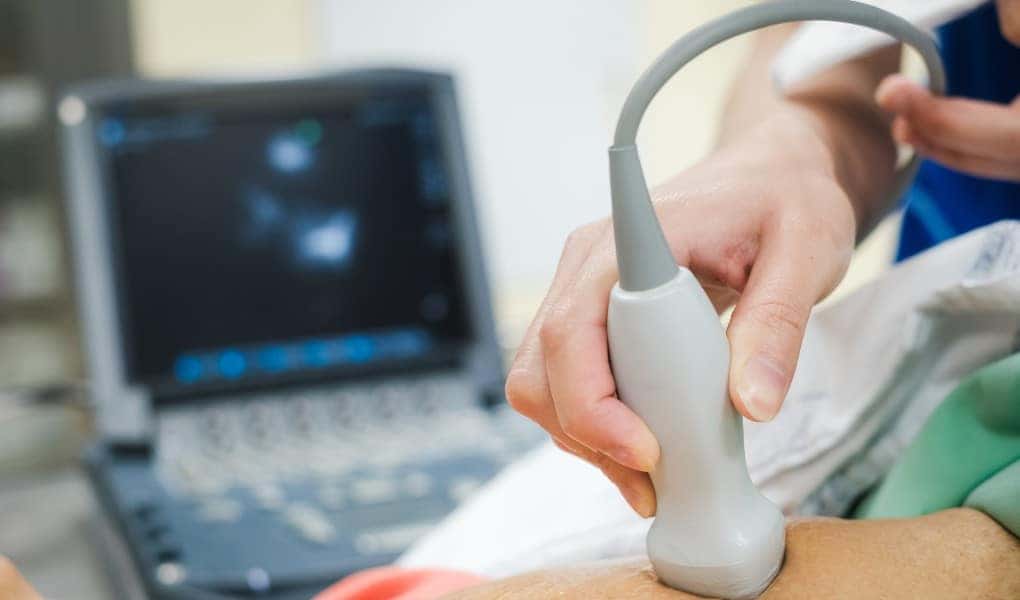Wrong Delivery of Test Result Leads to Urgent Surgery and Cognitive Dysfunction
The physician’s failure to timely deliver the results of an echocardiogram and delivery of inaccurate results leads to the patient’s need for urgent valve replacement surgery.
Case Summary
In this case, an elderly male presented to his family physician complaining of gastric reflux. During the examination, the primary care provider detected a cardiac murmur. As a result, the physician scheduled an echocardiogram and a follow-up visit. Following the echocardiogram procedure, the physician told the patient that his office would contact him with the test results. He never received the results of his test. He returned to the office two weeks after the echocardiogram. During the visit, his physician told him that the echocardiogram was normal. However, the initial echocardiogram result was notable for mitral valve prolapse and diastolic dysfunction.
Several weeks later, the patient returned to the primary care provider’s office for a complete physical. Due to gastritis concerns, the patient underwent an H.pylori breath test. During that visit, the provider did not mention the abnormal echocardiogram results. Two months later, the patient experienced worsening orthopnea, leaving him short of breath when lying flat. It was severe enough to require him to sit upright to be able to sleep. These symptoms prompted him to visit the emergency department where he discussed his medical history and his normal echocardiogram results with the staff. Due to the patient’s unintentional delivery of false medical information regarding his abnormal echo results, a preliminary diagnosis of pneumonia was made and aggressive IV fluids were administered.
Due to concerns of possible heart failure, a second echo was ordered. This echocardiogram revealed mitral valve chordae rupture, left atrial enlargement, and elevated pulmonary artery pressure. He was found to be in overt right-sided heart failure. He developed Atrial Fibrillation (Afib) with Rapid Ventricular Response (RVR). Emergent cardiothoracic surgery for a mitral valve replacement was performed. The patient suffered a complicated postoperative course and is left with cognitive dysfunction related to hypoxic encephalopathy.
Case Theory
Diastolic dysfunction is an abnormality of the first part of the heartbeat when lower heart chambers relax and fill with blood during diastole. Diastolic dysfunction occurs when your lower heart chambers don’t relax normally. The dysfunction can lead to diastolic heart failure. Enhanced early mitral flow may be caused by increased left ventricular pressure as the result of diastolic dysfunction and by increased transmitral flow as the result of mitral regurgitation.
Echocardiograms are a standard test for diagnosing cardiac valve abnormalities. Acute mitral valve insufficiency from chordae rupture causes severe clinical symptoms such as shortness of breath. Physicians make this diagnosis via clinical symptoms, chest X-rays, and echocardiography. MVP patients often experience non-cardiac chest pain that can be perceived as gastric reflux. Surgeons may perform mitral valve repair and mitral valve replacement as an open-heart surgery procedure or as minimally invasive heart surgery with improved outcomes found in patients with a planned surgical procedure.
Clinical features, particularly auscultatory findings, are imperative in diagnosing mitral valve disease and assessing its severity. In this case, the physician was correct in his recognition by stethoscope of an MVP issue. However, his negligence in the delivery and follow-up treatment regarding the abnormal echocardiogram results led to inappropriate care and delay resulting in the need for urgent valve replacement surgery with an unfortunate, complicated post-surgical course leading to permanent disability.
Expert Witness Specialities
Family Medicine
A primary care physician (family medicine) expert can testify to the standard of care with respect to the physician’s failure to deliver correct test results to the patient and the resultant consequences.
Cardiologist
A cardiology expert can opine on the standard of care in this case, causation of injuries, patient prognosis, effects of the delay in treatment, and deviation from medical standards of care.
Questions for Expert Witnesses
- What are the protocols for reporting an abnormal echocardiogram to a patient?
- How might a delay in the diagnosis of mitral regurgitation impact the adverse outcome of a valve rupture and subsequent urgent valve replacement surgery?
- Should the follow-up physical exam have alerted the physician to his error?
- Was the gastric reflux an indicator of MVP?
Expert Witness Involvement
Here is what the family medicine expert in this case had to say:
Expert Witness Response E-097667
 I deal with heart failure patients weekly. Protocol for reporting abnormal heart tests, including echocardiograms, is to report in 72 hours or less if not immediately, depending upon severity. The delay can be life-threatening. This case seems to be one in which the delay was directly related to preventable patient harm. The standard of care obligates a physician to do more, sooner than was done, obviously.
I deal with heart failure patients weekly. Protocol for reporting abnormal heart tests, including echocardiograms, is to report in 72 hours or less if not immediately, depending upon severity. The delay can be life-threatening. This case seems to be one in which the delay was directly related to preventable patient harm. The standard of care obligates a physician to do more, sooner than was done, obviously.
About the author
Erin O'Brien
Erin O'Brien is a senior medico-legal writer and editor, with 25 years of experience authoring healthcare deliverables. Previously, Erin authored an award-winning column in the health and wellness sector, guest hosted a wellness radio show, and received an FMA Charlie Award for Excellence in Writing.
Erin has reviewed and completed case studies for thousands of medical malpractice cases, both plaintiff and defense nationwide, and was presented the US Chamber of Commerce Best Small Business Blue Ribbon designation. Erin is an experienced Medical Risk Consultant and device start-up project manager. She has consulted for numerous successful healthcare and bio-tech start-ups. After completing a Bachelor of Science degree at the University Of Wisconsin, Erin pursued an educational background in Healthcare Risk Management at the University of South Florida. Erin crafts her work with attention to detail, readability, healthcare marketing regulations, and medical standard of care.
Find an expert witness near you
What State is your case in?
Subscribe to our newsletter
Join our newsletter to stay up to date on legal news, insights and product updates from Expert Institute.



